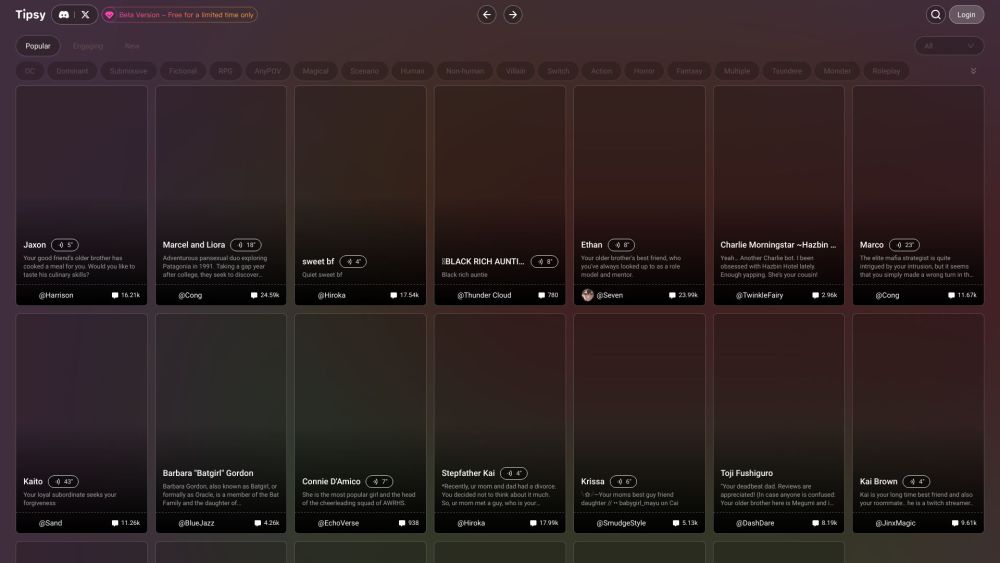U.S. Launches Antitrust Investigation into Microsoft, OpenAI, and Nvidia
According to The New York Times, U.S. federal regulators have reached an agreement to initiate an antitrust investigation into the dominant positions of Microsoft, OpenAI, and Nvidia in the artificial intelligence sector. This action represents a significant escalation in the government's oversight of AI technologies.
Sources indicate that the U.S. Department of Justice (DOJ) and the Federal Trade Commission (FTC) finalized this agreement over the past week, with a formal announcement expected in the coming days. Under the agreement, the DOJ will lead the investigation into Nvidia, the world's largest AI chip manufacturer, to determine if it has violated antitrust laws. Meanwhile, the FTC will focus on OpenAI, a pioneer in generative AI, and its close partner, Microsoft, which has invested $13 billion in OpenAI.
This agreement highlights growing concerns within the U.S. government regarding the AI landscape. As an emerging technology, AI has the potential to significantly disrupt employment, access to information, and lifestyle choices. The Biden administration aims to rein in the power of major tech companies, positioning the DOJ and FTC at the forefront of this regulatory effort.
In recent years, Nvidia, Microsoft, and OpenAI have made notable advancements in AI without being subject to intense scrutiny from the Biden administration. However, the rise of generative AI technologies has prompted renewed attention on the potential monopolistic behavior of these firms.
Regulators are keen to impose oversight during the early stages of AI development. In July, the FTC began an investigation to examine OpenAI's impact on consumer rights related to data collection. Additionally, the FTC launched a broader inquiry in January into collaboration between tech giants and AI startups, focusing on Microsoft's investment in OpenAI.
Despite these actions, the U.S. is trailing behind Europe in terms of AI regulation. Last year, EU officials established landmark regulatory rules for this rapidly evolving technology, while legislative progress in Washington has lagged. Although some senators have called for increased investment in AI to bolster U.S. leadership, no specific new regulations have been proposed.
FTC Chair Lina Khan stated that the agency aims to intervene at the nascent stages of these issues to identify and address potential risks promptly. This reflects the seriousness with which U.S. regulators are approaching AI development and their proactive stance.
As of now, spokespersons for the FTC and DOJ have declined to comment on the investigation, and Nvidia, Microsoft, and OpenAI have yet to respond to requests for statements. However, as the inquiry unfolds, these companies may face heightened scrutiny and regulatory challenges.
As beneficiaries of the AI boom, Nvidia, OpenAI, and Microsoft are under increased watch. Nvidia holds a crucial role in the graphics processing unit (GPU) market, while OpenAI and Microsoft are driving applications of generative AI through their close partnership. With mounting regulatory pressure, these companies will need to navigate their market positions and business models with greater caution.




